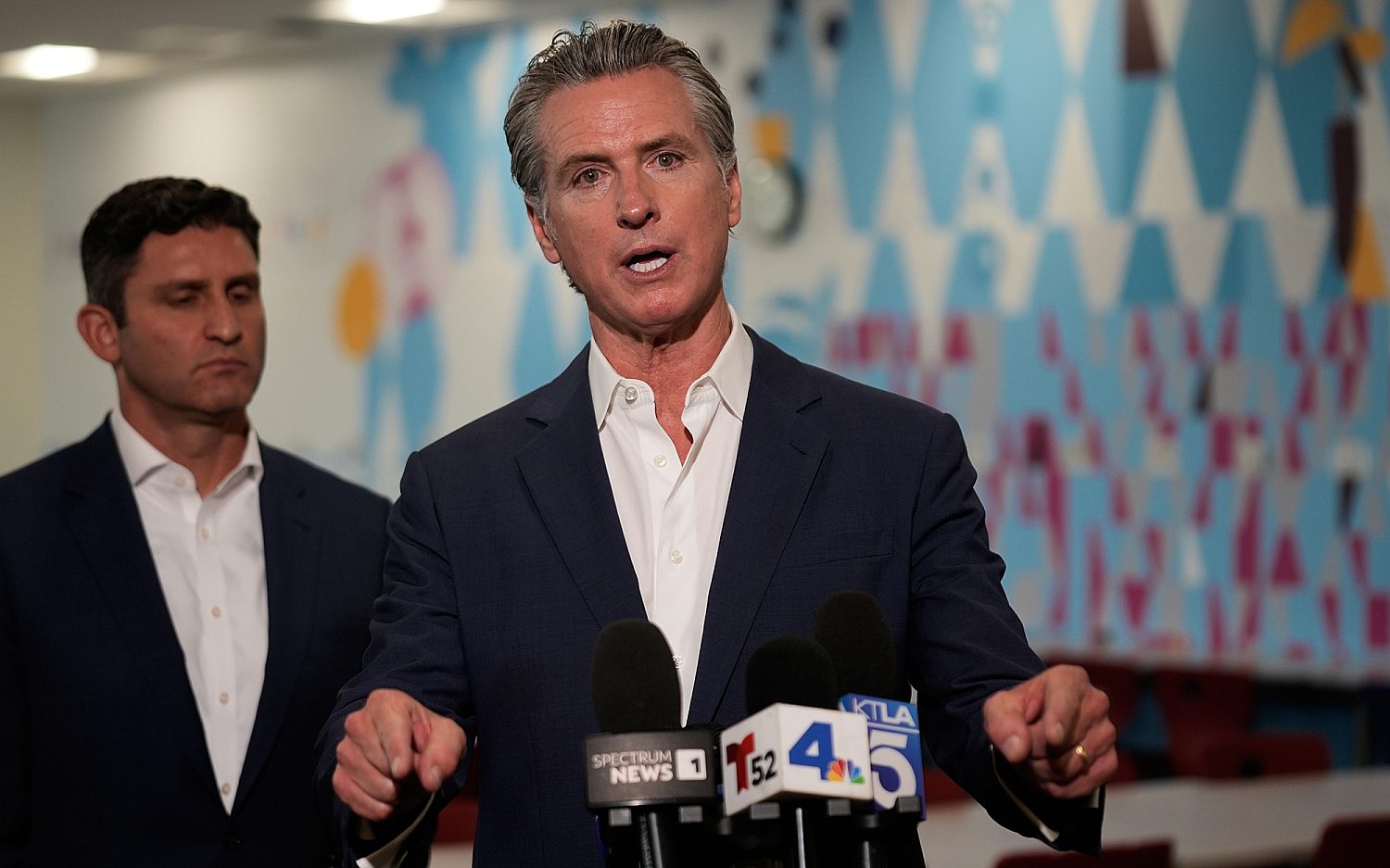Electoral College saves Trump
America’s complicated election system frustrates many, but it’s not going anywhere
WASHINGTON—Hillary Clinton won the most votes on Election Day, but still conceded defeat to Donald Trump—sparking renewed debate over America’s arcane Electoral College.
Votes are still trickling in, but as of this afternoon Clinton has almost 400,000 more votes than Trump. This is not the first time the second-place candidate won the presidential election, and, according to experts, it won’t be the last. Tuesday’s results produced sound arguments both for and against the Electoral College, but experts all agree the system is here to stay.
“The Electoral College violates the fundamental norms of democracy,” said George Edwards III, a political-science professor at Texas A&M University. “When the candidate who comes in second wins the election, it is a perverse aspect of any system.”
Democrats won the country’s national popular vote for the third consecutive election, but no longer control any branch of government, leaving a bitter taste for millions of Americans. Edwards told me the Founding Fathers designed a terrible election process based on motivations he argues are irrelevant today.
The Constitution’s framers never intended to have a pure democracy. They feared a national popular vote system would allow for presidential candidates to pander to metropolitan areas and ignore the rest of the country. The Founding Fathers wanted the president to earn the votes of many different kinds of Americans across a wide swath of regions.
But the Electoral College also came out of doubts that everyday Americans could make an informed vote.
Americans have never voted for president. According to the Constitution, they vote for electors within their state who select the next president on the Wednesday after the second Monday in December. Congress then counts the Electoral College’s votes in January to make the transfer of power official before the inauguration. Candidates need at least 270 of the 538 electoral votes to win.
The Electoral College has helped the United States maintain order for the last 200 years and changing it could be disastrous, said Hans von Spakovsky, a senior fellow at The Heritage Foundation.
“The reason the framers put in the Electoral College proved itself in this election,” he said. “They were afraid that if that president would be elected by national popular vote, then they would only gravitate to big cities and urban areas. They wanted someone who won regional elections all across the country. Not just someone popular in the Northeast or the big cities.”
Under the Electoral College, Americans have steered clear of a coup d’état, allowing for peaceful elections and transfer of power. A national popular vote system would cause nationwide recounts and outrage in a close race, according to von Spakovsky.
He added that without the Electoral College, presidential candidates would campaign exclusively in big cities like Chicago, New York City, Los Angeles, and Houston. The current system allows smaller states like Iowa and New Hampshire to have a seat at the table during election time.
But it’s not a perfect process.
Each state gets the number of electors equal to its members in Congress—two senators plus its U.S. representatives. Under this structure, smaller states have disproportionate influence. Because Wyoming has three electoral votes but only 584,153 residents, each elector represents 194,717 voters. In California, there are 55 electors and each one represents 705,454 voters, making votes in Wyoming worth 3.6 times more than in California.
Edwards told me this system is maddening. Each vote has a different value and in every cycle voters in traditional red or blue states get disenfranchised.
“Every Republican in California knows their vote doesn’t count, in the same way a Democrat in Texas knows voting is a waste of time,” Edwards said. He added switching to a national popular vote system would mobilize more voters to head to the polls.
Only 56 percent of eligible voters cast their ballot this year—the lowest total since 2000.
This is also the second time since 2000 that the president-elect lost the popular vote, and the fifth time in history: Andrew Jackson in 1824, Samuel Tilden in 1876, Grover Cleveland in 1888, and Al Gore in 2000 all received a majority of the popular vote but fell short in the Electoral College.
There have been more than 700 proposed constitutional amendments to change the Electoral College in the last 200 years—more than any other topic, according to the National Archives. Yet each proposal has lacked the needed support to pass. The amendment process requires congressional approval and then needs the blessing of three-fourths of the states. But since most small states are unwilling to give up the power the Electoral College grants them, changing the election system is unlikely.
An actual newsletter worth subscribing to instead of just a collection of links. —Adam
Sign up to receive The Sift email newsletter each weekday morning for the latest headlines from WORLD’s breaking news team.




Please wait while we load the latest comments...
Comments
Please register, subscribe, or log in to comment on this article.